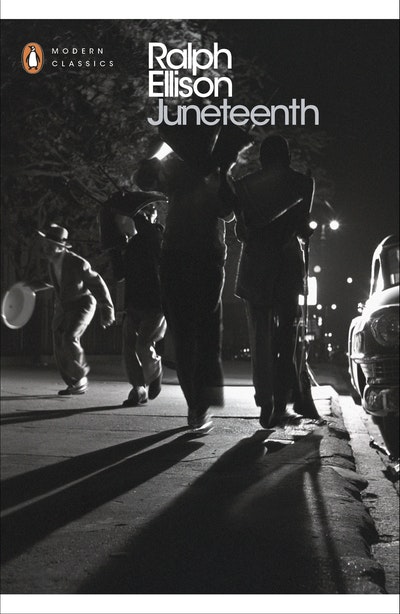From Ralph Ellison - author of the classic novel, Invisible Man - the long-awaited follow up. Here is the master of American vernacular - the rhythms of jazz and gospel and ordinary speech - at the height of his powers, telling a powerful, evocative tale of a prodigal of the twentieth century.
'Tell me what happened while there's still time,' demands the dying Senator Adam Sunraider to the itinerate preacher whom he calls Daddy Hickman. As a young man, Sunraider was Bliss, an orphan taken in by Hickman and raised to be a preacher like himself. Bliss's history encompasses the joys of young southern boyhood; bucolic days as a filmmaker, lovemaking in a field in the Oklahoma sun. And behind it all lies a mystery: how did this chosen child become the man who would deny everything to achieve his goals? Brilliantly crafted, moving, wise, Juneteenth is the work of an American master.


